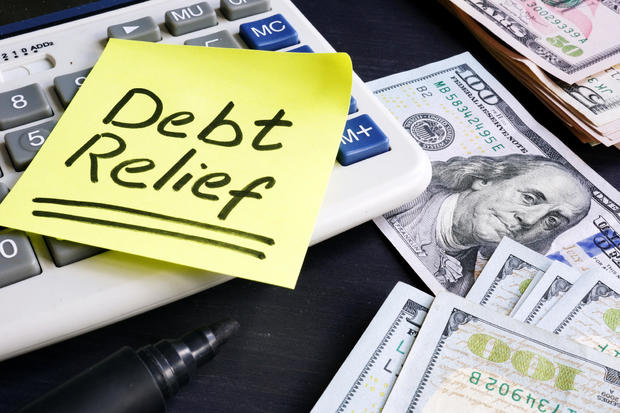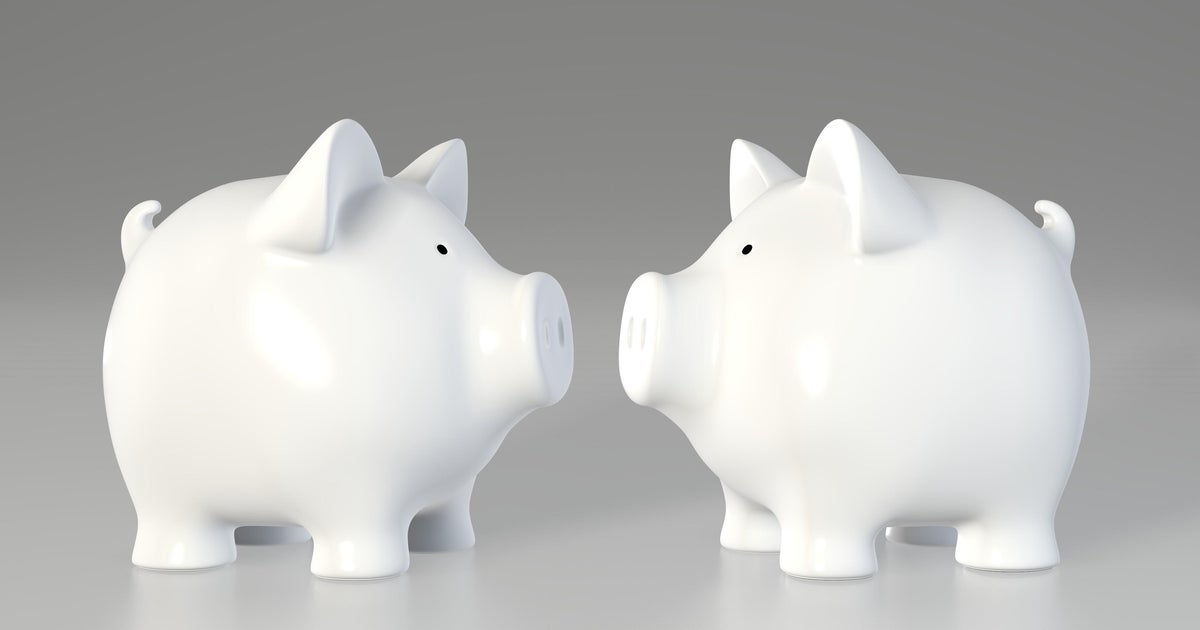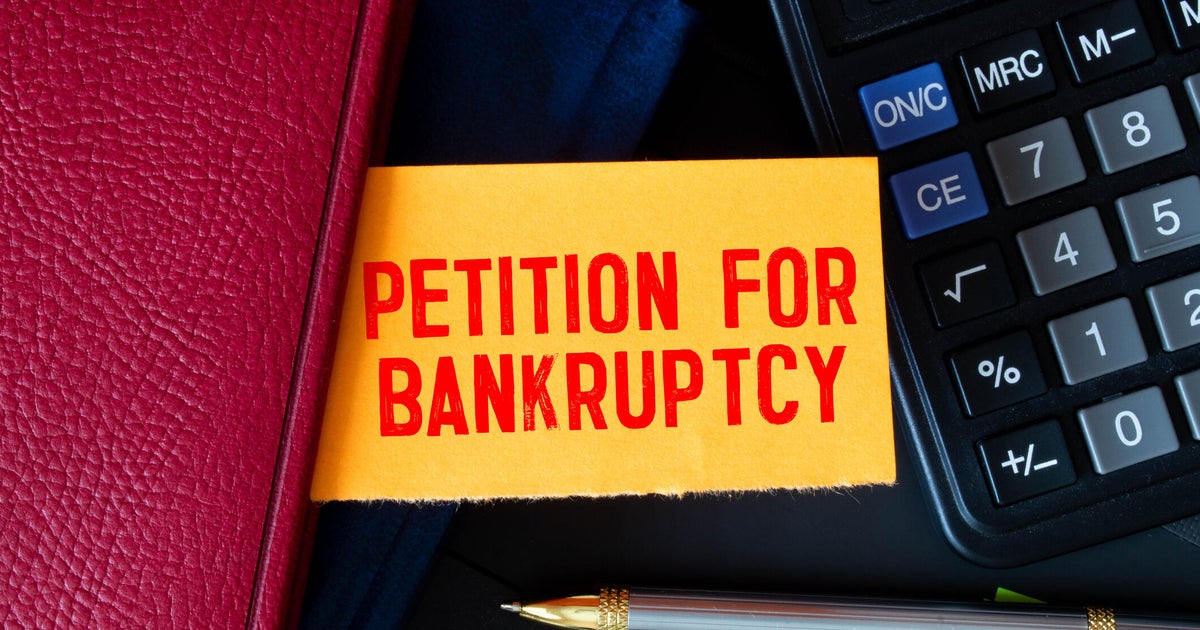Not sure if credit card debt forgiveness is right for you? Ask these 5 questions first
Carrying credit card debt can be a heavy burden, impacting your financial health and overall well-being. And, while that's true in nearly any economy, it may be especially true right now. After all, the average credit card rate has increased by over 36% since 2022 and is now hovering near 23%. In turn, the interest charges on your credit cards can cause the balance on your cards to balloon quickly.
But credit card use has also become a normal part of everyday life for many Americans. Inflation has stretched many household budgets thin, leaving some cardholders reliant on this type of borrowing to help fill in the gaps. That can make it even tougher to get out of the cycle of debt.
If you're struggling with your credit card debt right now, credit card debt forgiveness programs may seem like an attractive solution to consider. And, in some cases, these programs can be a smart way to get rid of your card debt for good. However, it's crucial to ask the right questions before making a decision.
Learn more about debt forgiveness and your other debt relief options here.
Not sure if credit card debt forgiveness is right for you? Ask these 5 questions first
Here are a few questions to ask yourself before considering credit card debt forgiveness.
What exactly is credit card debt forgiveness?
Before you pursue credit card debt forgiveness, it's important to fully understand what it is. Credit card debt forgiveness, also known as debt settlement, is a process where you negotiate with your creditors to pay less than the full amount you owe. This can be done directly with the credit card company or through a debt relief company.
In a typical scenario, you stop making payments to your creditors and send monthly payments to the debt relief company instead. Once enough has accrued, the debt relief company negotiates with your creditors to reduce the total debt owed. If successful, debt forgiveness can save you money on both your total debt and any future interest charges.
Ready to tackle your high-rate card debt? Find out how the right debt relief company could help you now.
How will debt forgiveness affect my credit score?
One of the most significant drawbacks of debt forgiveness is its impact on your credit score. When you stop making payments as part of the debt settlement process, it's reported to credit bureaus as missed or late payments. This negative information can remain on your credit report for up to seven years, significantly lowering your credit score.
After settling the debt, your credit report will also show that the debt was settled for less than the full amount. This can make it harder to obtain credit in the future or result in less favorable terms when you do qualify for loans or credit cards, as lenders will be more hesitant to approve you for funding.
What are the tax implications of debt forgiveness?
Another crucial factor to consider is the potential tax liability associated with forgiven debt. The IRS generally considers forgiven debt as taxable income. This means if a credit card company agrees to forgive $10,000 of your $20,000 debt, you may have to report that $10,000 as income on your tax return.
For example, if you're in the 22% tax bracket and have $20,000 in debt forgiven, you could owe $4,400 in additional taxes. This unexpected tax bill can be a significant financial burden, especially if you're already struggling with other types of debt.
Can I afford the debt forgiveness program?
While debt forgiveness might reduce your overall debt, it's not free. Most debt settlement companies charge fees, which are typically a percentage of the enrolled debt or the amount forgiven. These fees can range from 15% to 25% of the settled debt.
In turn, you should consider whether you can realistically afford the program and determine whether the potential savings outweigh the fees and possible negative consequences. It's also worth noting that there's no guarantee that all your creditors will agree to settle, which could leave you in a worse financial position than when you started.
Are there better alternatives for my situation?
Before committing to debt forgiveness, you should also ask yourself if there are better alternatives to consider, like:
- Debt consolidation: This involves taking out a new loan to pay off multiple debts, potentially at a lower interest rate. The main benefits of debt consolidation are that it can simplify your payments and potentially save you money on interest.
- Credit counseling: Non-profit credit counseling agencies can help you create a budget, negotiate with creditors and develop a debt management plan.
- Bankruptcy: While this should be a last resort, bankruptcy might be a better option than debt settlement in some cases, especially if you have a large amount of unsecured debt.
The bottom line
Credit card debt forgiveness can provide relief if you're drowning in high-rate card debt, but it's not without significant drawbacks. So, before pursuing this option, carefully consider the impacts it could have and whether there are better alternatives for your situation. And, it's crucial that you address the underlying financial habits that led to the debt in the first place, so whatever route you take, be sure you're considering that as part of the equation.






